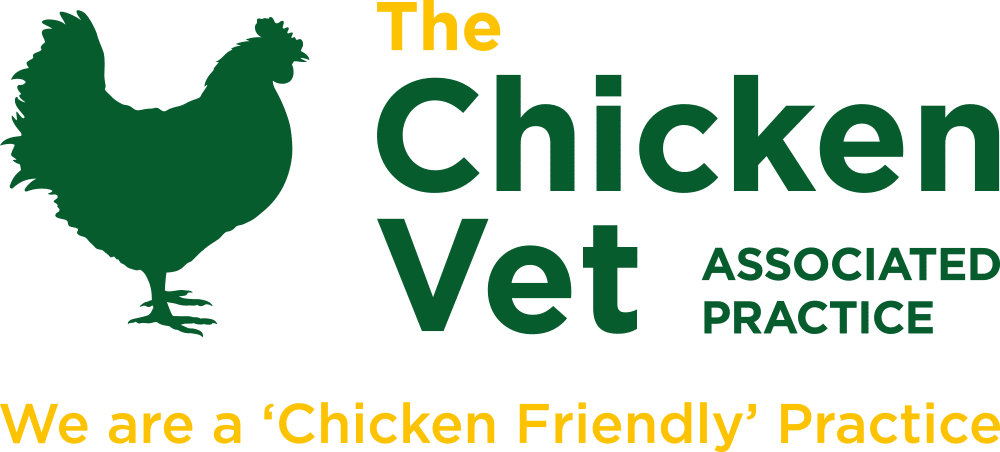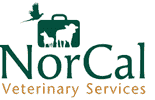This can be a high risk time for mastitis in cows and ewes. Warmer temperatures, dirtier pastures, more flies about and calves and lambs starting to eat a more varied diet can all contribute to the risk.
Keep a close eye on stock for signs of mastitis, including changes to the udder (redness, hardness, uneven quarters), and more general signs of ill health such as reluctance to eat, reluctance to stand and dullness.
If you suspect mastitis, catch and pen the affected animal and her calf/lambs. Safely restrain her in a crush, and strip as much milk out of the affected quarter as you can. This may need to be repeated regularly if the calf/lamb is not managing to suckle the quarter. As well as treating with antibiotics we would advise giving animals with mastitis an anti-inflammatory e.g. Inflacam/Meloxidyl as this is a very painful condition. If the patient is not eating and drinking, they may need further supportive care, such as drenching with fluids.
For advice on treating specific cases please get in touch with us.




